Petal pushers: are flowers the key to wellness?
Floral remedies offer a natural solution to stress, low spirits, and other negative emotions. Will that make them the next big trend in wellness?
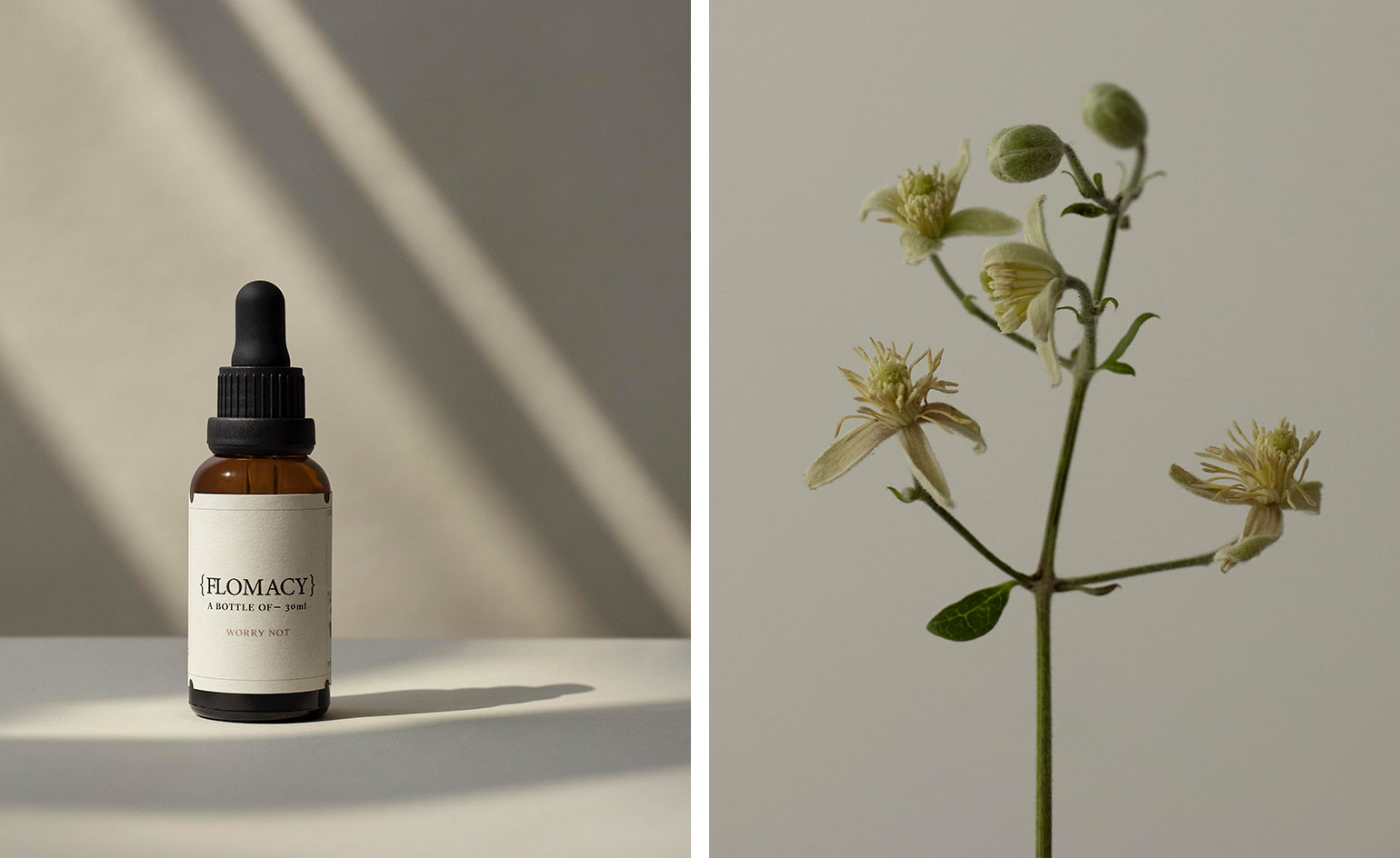
Flomacy is a new wellness brand by London-based naturopath Hannah Knight that uses flower essences to dispel negative emotions like anxiety, frustration, and lethargy.
Using flowers to combat emotional distress might seem like an idea conceived on the streets of 1960s Haight-Ashby, but actually, floral remedies have their roots in 1930’s Oxfordshire. It was there and then that Dr. Bach, a bacteriologist, pathologist, and homeopath, developed his ’38 remedies’ or floral essences each of which is associated with a specific emotion.
For instance, water violet, a delicate pink and white flower, is a remedy for ‘quiet self-reliance leading to isolation,’ heather is linked to ‘talkative self-concern and being self-centered,’ mustard combats ‘deep gloom for no reason,’ while oak is for ‘the plodder who keeps going past the point of exhaustion.’
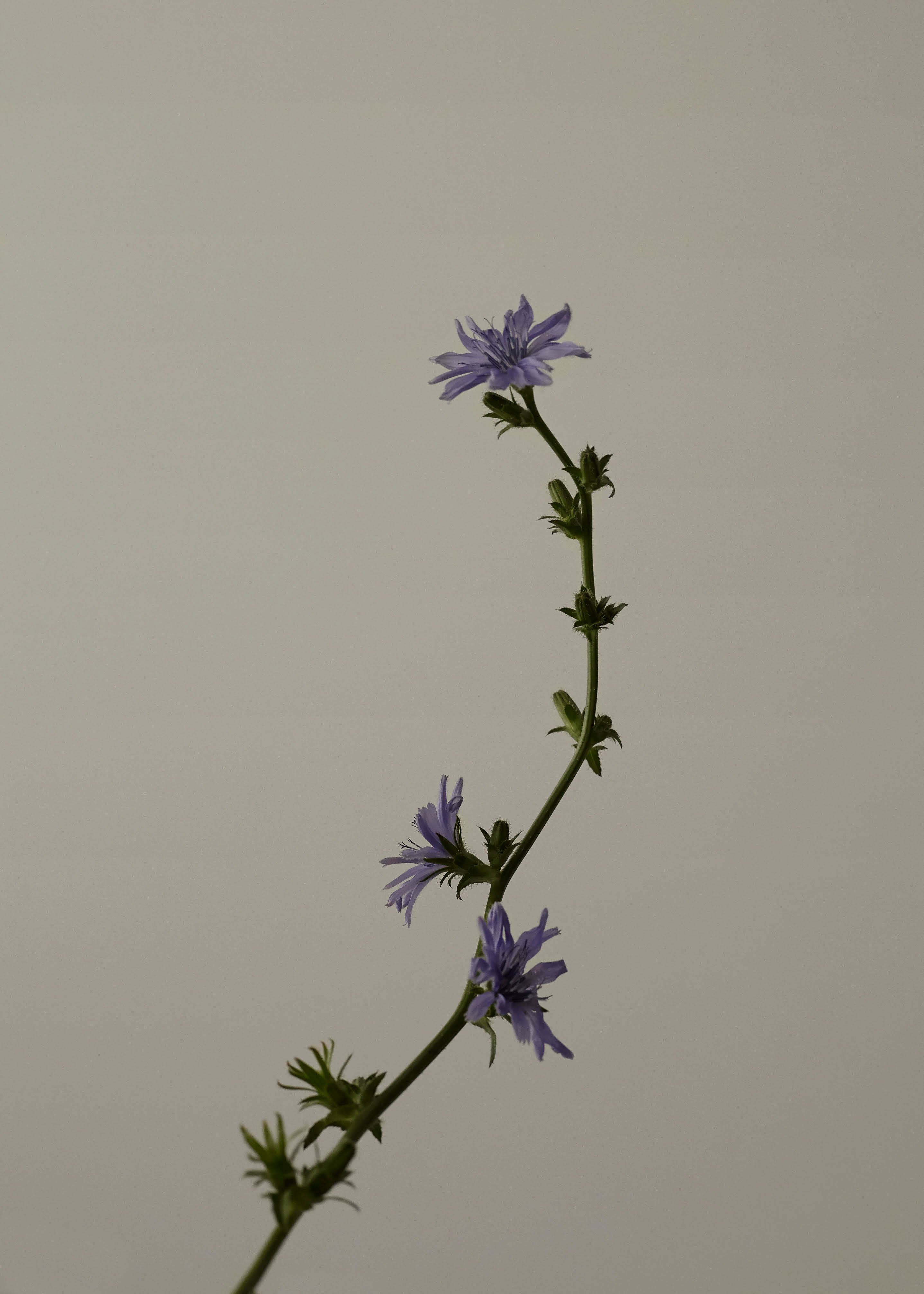
For some, the specificity of these emotions and their link to corresponding flowers could provoke eyebrow-raising levels of incredulity. Yet, for decades Bach’s remedies have enjoyed steady commercial success, proof of a devoted fanbase willing to return again and again to the remedies.
British readers may recognise Dr. Bach as the name scrawled on the yellow-packaged ‘Rescue Remedy’ droplets and tablets that are a consistent best-seller at chain pharmacies like Boots. While in the States, Whole Foods retails Bach products alongside other floral remedy brands and people can even get training to become a professional ‘flower essence practitioner.’
So how does it all work? As Knight explains, there's a clear connection between our emotional health and our physical health. ‘Using a language of biochemicals, our minds and bodies talk to each other constantly. Palpitations, butterflies, and tears, for example, are all physical manifestations of acute emotions,’ explains Knight.
‘We just accept [the physical effects] acute emotions or emotions that come on quickly, like being scared, as "oh, that's just what happens when you get nervous." We accept that its normal to have sweaty palms or headaches when you're scared.’
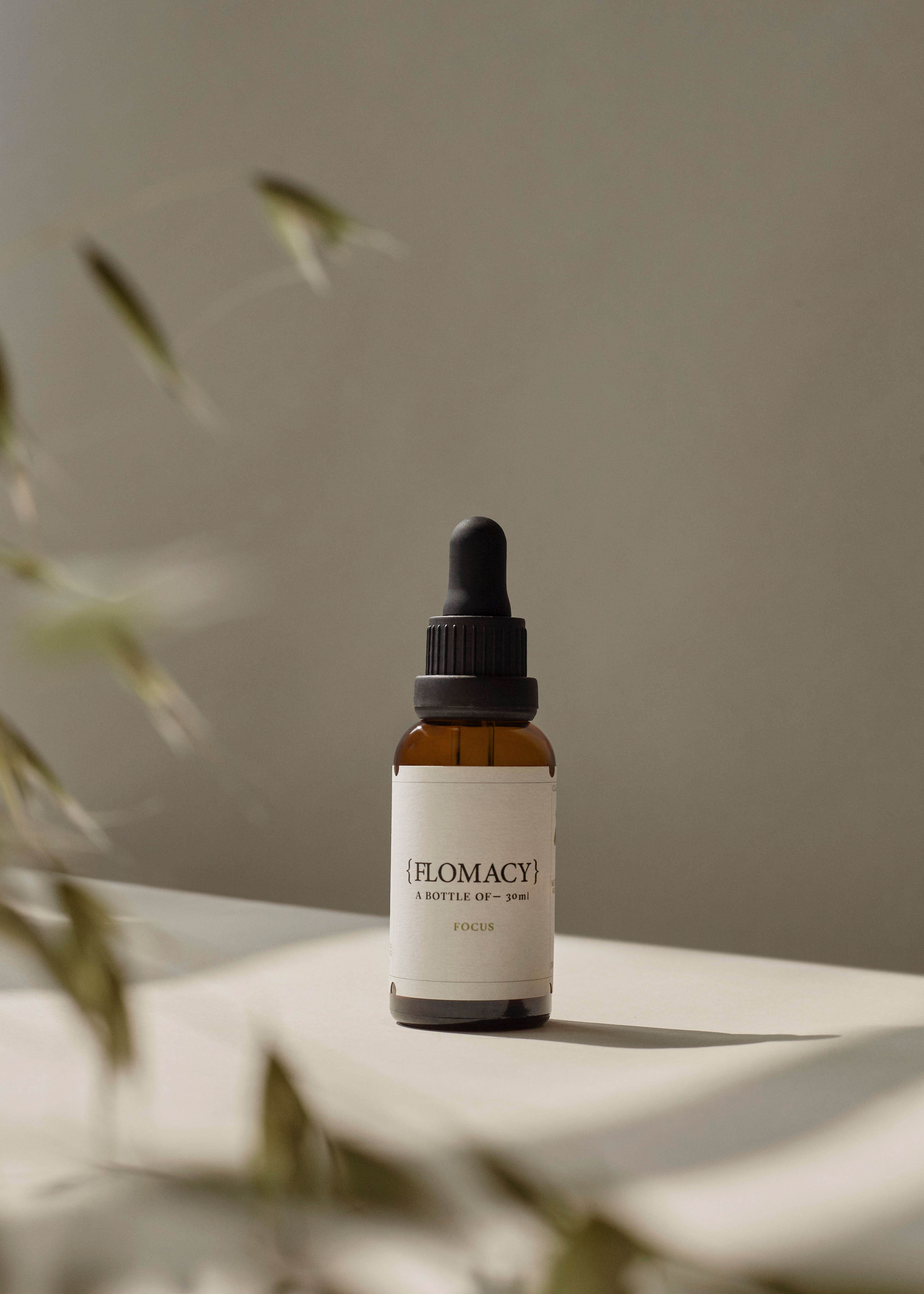
‘But if you have a low-grade emotion – a lot of people for instance are guilty people, they just feel guilty about everything – your thinking about that chronically, which means slow and low. So if your chronically feeling guilty then, of course, there's going to be an effect on your body. But it will be slowly. It won’t be sweats or things like that.’
In that case, Knight argues, why wouldn't constant guilt be something that affects your physical health as much as immediate fear? Floral remedies are intended to combat those low-grade, chronic emotions, in much the same way CBD is often used to quell an onset of anxiety or St John's wort is used as an over-the-counter cure for depression symptoms.
With Flomacy, Knight hopes to offer the same benefits of Bach’s remedies but repackaged for a modern, design-conscious consumer. The brand offers six pre-made tinctures. Knight also creates bespoke remedies, meeting clients over Zoom for brief therapy-like sessions during which she assesses what emotions need addressing.
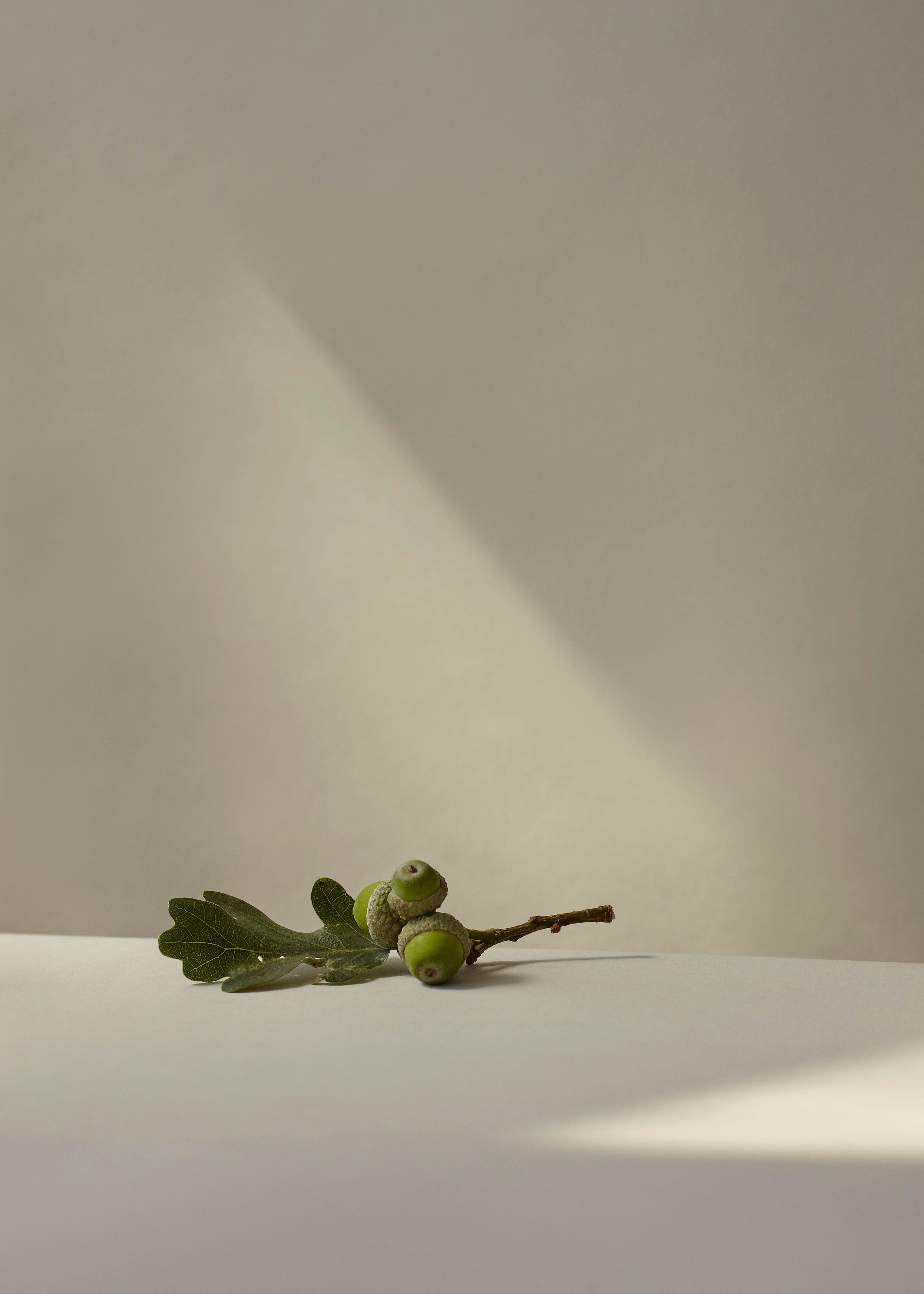
It should be noted that there is little scientific literature on the effectiveness of floral remedies, with many dismissing its positive effects as nothing more than a placebo. But there are also many who have found these types of remedies life-changing and, in that case, does how or why it works really matter?
The emergence of ‘wellness culture’ has seen the perception of everything from juices cleanses to crystal therapy go from hippy-dippy indulgences to generally excepted practices. As interest in natural forms of healing continues to grow, floral remedies seemed poised to be the next big thing.
In Knights view, just the fact that these products are entirely natural and can’t in any negatively affect you, means they’re worth trying. ‘The mission we have is to promote a shift in the way we think of nature,’ she says, ‘nature isn’t alternative. We eat apples and broccoli and add basil to our food – we know they are healthy. Using flowers and plants to feel better mentally isn’t very different.’
INFORMATION
Wallpaper* Newsletter
Receive our daily digest of inspiration, escapism and design stories from around the world direct to your inbox.
Mary Cleary is a writer based in London and New York. Previously beauty & grooming editor at Wallpaper*, she is now a contributing editor, alongside writing for various publications on all aspects of culture.
-
 Wallpaper* checks in at MACAM Hotel: a night at the museum
Wallpaper* checks in at MACAM Hotel: a night at the museumPortugal’s first hotel-museum is home to 600 pieces of modern and contemporary art and 64 rooms for the ultimate artistic immersion
By Mary Lussiana
-
 This joyful Henri Matisse pottery collection is your new summer entertaining essential
This joyful Henri Matisse pottery collection is your new summer entertaining essentialAfter years at the helm of American ceramics company East Fork, the artist’s great-grandson is ready to embrace his family name
By Anna Fixsen
-
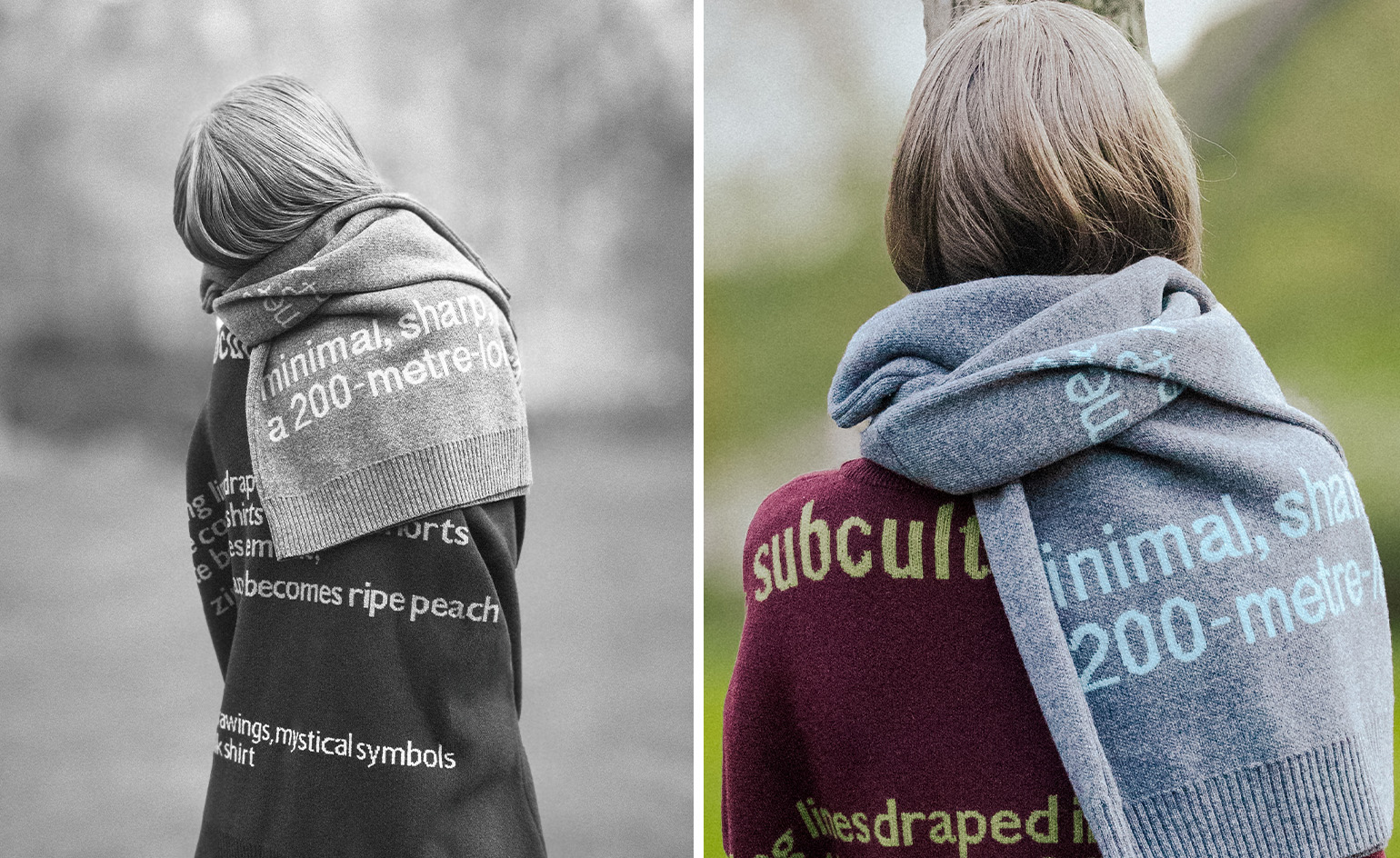 This knitwear collaboration is a playful exploration of the role of the fashion critic
This knitwear collaboration is a playful exploration of the role of the fashion criticWaste Yarn Project has collaborated with Wallpaper* contributing editor Dal Chodha on a sweater adorned with extracts from his 2020 book ‘Show Notes’, collated while reviewing the menswear shows for Wallpaper*
By Zoe Whitfield